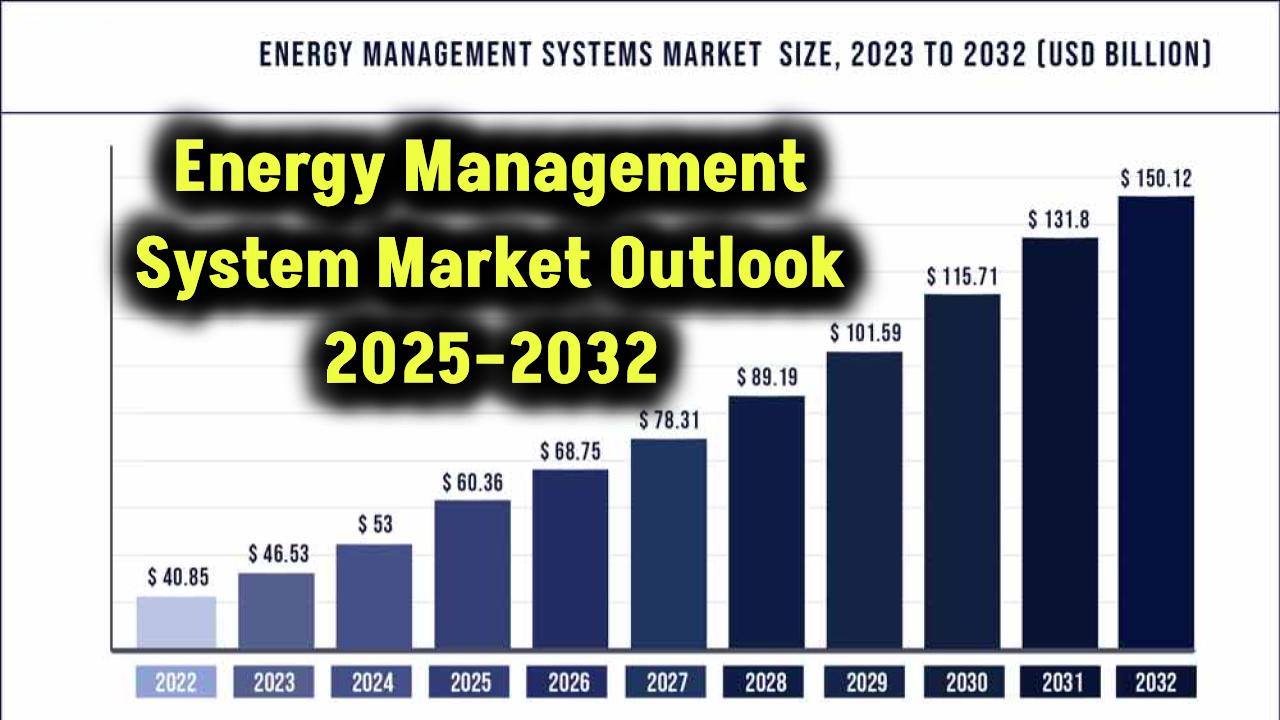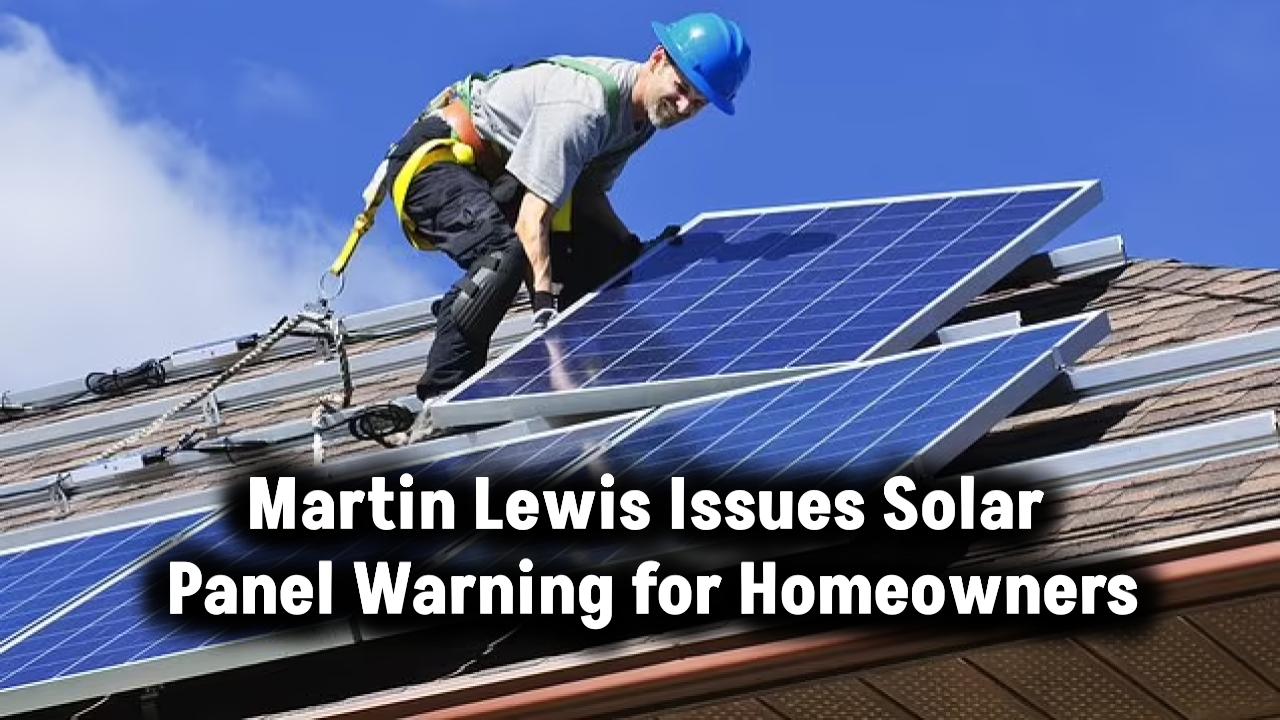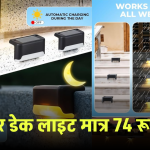
With rising energy costs and growing climate concerns, UK solar panel finance in 2025 has become a hot topic for homeowners and renters alike. As more households explore renewable energy, several government-backed grants, tax incentives, and financing schemes are available this May to make the switch to solar both affordable and rewarding.
If you’ve been waiting for the right time to go solar, May 2025 offers more funding support than ever before. From zero VAT schemes to Smart Export Guarantee earnings, there are smart ways to save money while making your home greener.
Also Check: Mandatory Solar Panels in New Homes: UK’s Step Towards Energy Efficiency
Why Solar Panel Financing Matters in 2025
The UK government has committed to a net-zero carbon target by 2050, and households are a major part of this plan. By offering financial support for solar panel installation, the goal is to reduce dependence on fossil fuels and lower electricity bills.
Switching to solar can be expensive upfront, often ranging between £5,000–£9,000 for a typical 4kW system. But with smart financing and incentives, you can significantly reduce these costs or eliminate them entirely.
Installing solar panels not only saves money but also boosts home value. Recent UK property market research suggests homes with solar panels sell 14–18% faster and at a 4–5% higher price.
Top Government Schemes for Solar Panel Funding in the UK
Energy Company Obligation 4 (ECO4)
ECO4 is the UK government’s flagship energy efficiency program, running until March 2026. It provides up to 100% funding for solar panel installations in low-income households.
- Eligibility: Homeowners or tenants receiving qualifying benefits with EPC ratings D to G.
- How to apply: Contact your energy supplier or check eligibility through your local council under the LA Flex scheme.
Home Upgrade Grant Phase 2 (HUG2)
The HUG2 scheme offers up to £10,000 for energy upgrades, including solar panel installation.
- Eligibility: Low-income, off-grid households in England (less than £39,000 annual income, EPC D-G).
- Application: Managed by local authorities. Find out more through your local council.
Solar Together (Group-Buying Scheme)
Solar Together is a community purchasing scheme where households band together to get discounted rates on solar installations.
- Benefits: 10–20% cheaper than market rates.
- Process: Register interest, receive a personal recommendation, and book installation.
Warm Homes Plan (2025–2028)
This newly launched government program supports social housing tenants and low-income families with funding for renewable installations, including solar panels.
- Eligibility: Social housing tenants and eligible renters.
- How to apply: Local housing associations or councils will guide you.
Tax Breaks and Smart Export Payments
0% VAT on Solar Products
Since 2022, the UK government has applied zero VAT on solar panels, battery storage, and related products, extended until March 2027.
- Impact: Saves up to £2,850 on a standard 4kW solar system.
- Who qualifies: All homeowners installing qualifying systems.
Smart Export Guarantee (SEG)
The SEG scheme allows solar owners to sell unused electricity back to the grid.
- Average earnings: £80–£170 annually.
- Requirement: Smart meter and approved SEG energy supplier.
- Popular providers: Octopus Energy, E.ON Next, EDF.
Also Check: Get Paid to Go Solar? Here’s What the US Government Is Offering in Solar Panel Incentives
Financing Options If You’re Not Eligible for Grants
If you don’t qualify for grants, there are still affordable solar financing solutions available in the UK:
Personal Loans for Solar Installation
Many banks such as Barclays, Lloyds, and NatWest offer personal loans specifically for green home improvements.
- Loan term: 3–10 years
- Typical APR: 3%–7%
- Loan amount: Up to £25,000
Installer Finance Plans
Most certified solar installers provide monthly installment options.
- Down payment: Often 10%–20%
- Installments: 0% or low-interest EMI for 3–7 years
Always check the MCS (Microgeneration Certification Scheme) certification before proceeding.
Power Purchase Agreements (PPAs)
With a PPA, a solar provider installs panels at no upfront cost. You agree to buy the generated electricity at a lower-than-grid price.
- Ideal for: Households without funds for upfront costs.
- Long-term savings: Yes, but the installer owns the system.
Bank Incentives for Green Homeowners
Several banks are now encouraging eco-friendly upgrades:
- Lloyds Bank / Halifax: Up to £1,000 cashback for solar installations.
- Santander: £500 cashback and lower mortgage rates for high EPC homes.
- Virgin Money: £250 cashback for solar-related upgrades.
Speak to your mortgage advisor or bank’s green finance division.
Solar Panel Mandate on New Homes by 2027
In a landmark policy change, from 2027 all new homes built in England will be required to have solar panels installed.
- Impact: Lower carbon footprint and energy bills by £1,000+ annually.
- Retrofit plans: Government is considering support for existing homes too.
Energy Storage: Batteries and Future Readiness
Solar systems paired with battery storage increase energy efficiency by storing excess energy for nighttime use. Systems like Tesla Powerwall and GivEnergy batteries are popular in the UK.
- Cost: £3,500–£6,000 depending on capacity
- Benefit: Further reduces reliance on the grid and increases SEG income
- VAT: Also 0% VAT until 2027
Some grants like ECO4 also include battery storage. Always confirm eligibility.
How to Choose a Reliable Solar Installer
Before proceeding with installation:
- Ensure installer is MCS Certified
- Check customer reviews and warranty policies
- Ask for a tailored quote based on your energy needs and roof orientation
Use government-endorsed tools like the Simple Energy Advice calculator to evaluate ROI.
(FAQs)
Q1. How much can I save with solar panels in the UK?
A: A typical home can save £400–£600 per year on electricity bills.
Q2. Is solar worth it without grants?
A: Yes. With 0% VAT and SEG income, payback periods range from 6–9 years, even without upfront support.
Q3. Are solar panels maintenance-heavy?
A: No. They require minimal maintenance—clean them twice a year and schedule a check every 5 years.
Q4. Can I install solar panels if I rent?
A: Yes, but you’ll need landlord permission. Some schemes like the Warm Homes Plan are renter-friendly.
Q5. Do I need planning permission?
A: Usually no, unless your home is listed or in a conservation area.
Also Check: Germany’s Balcony Solar Boom Hits 780,000 Installs — Why Is the U.S. Still So Far Behind?








